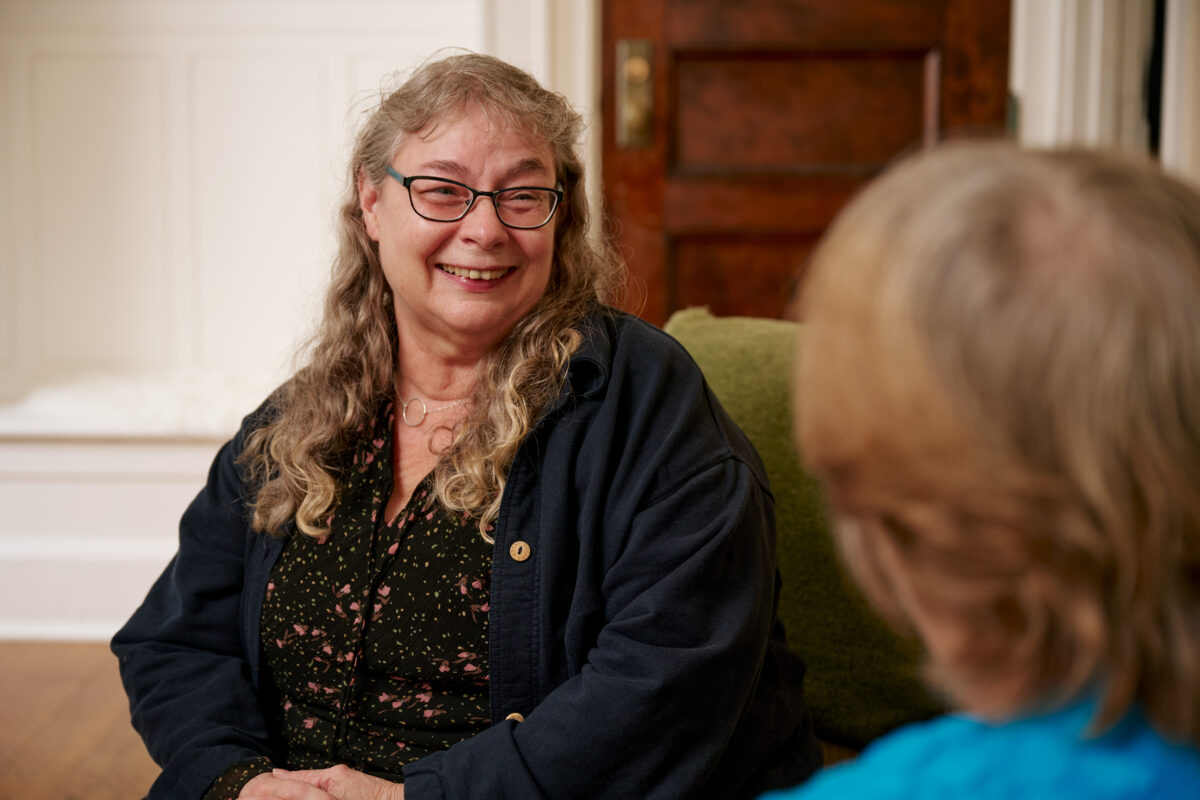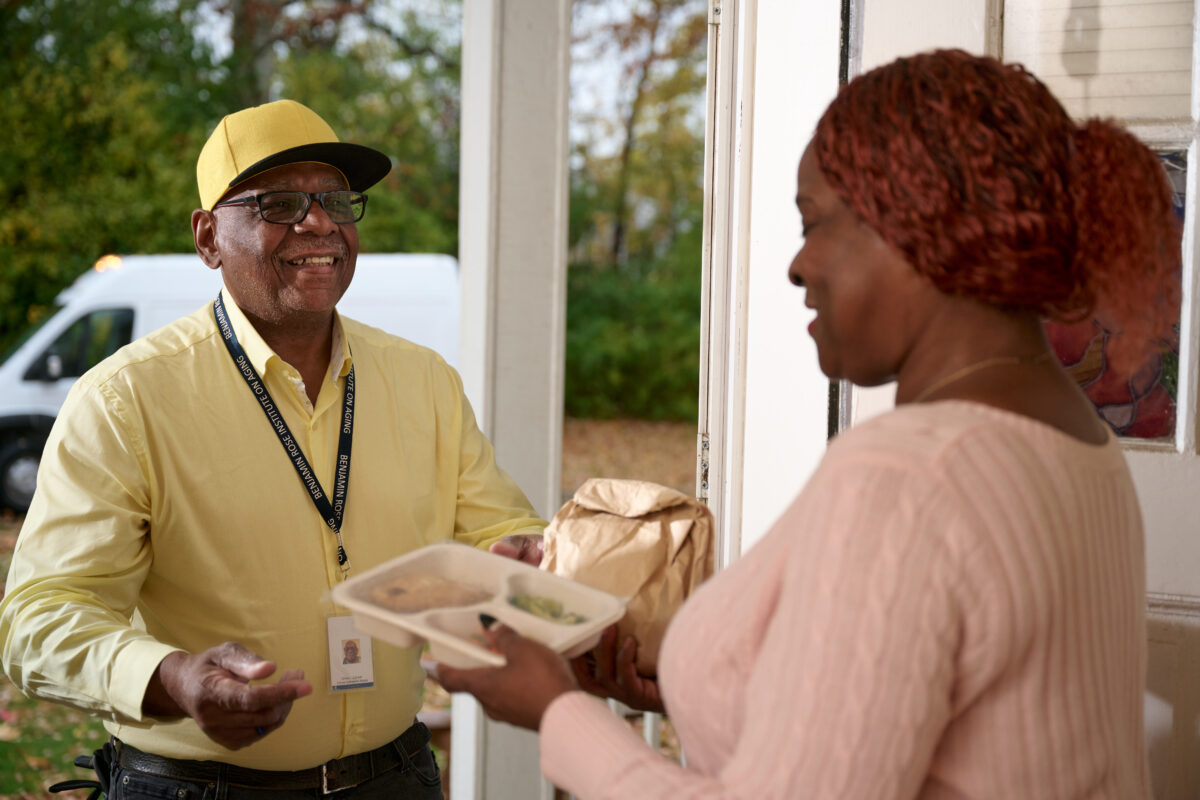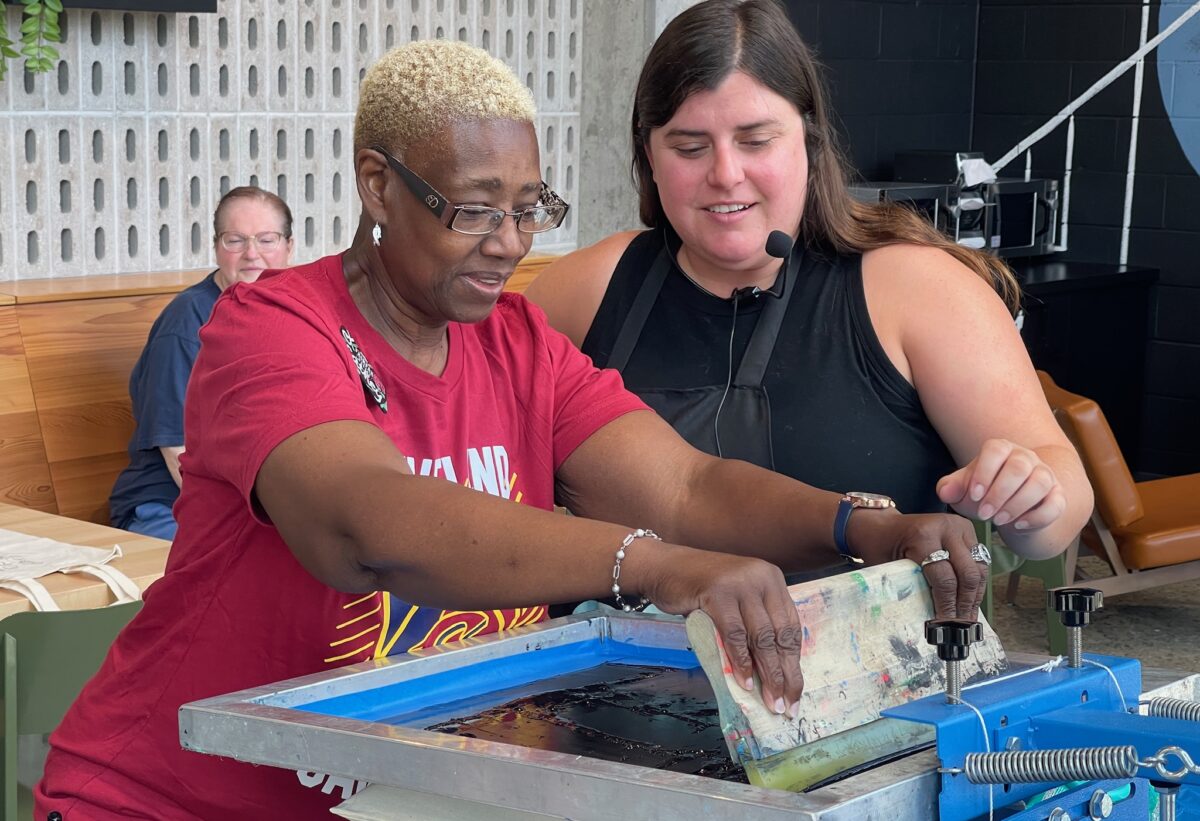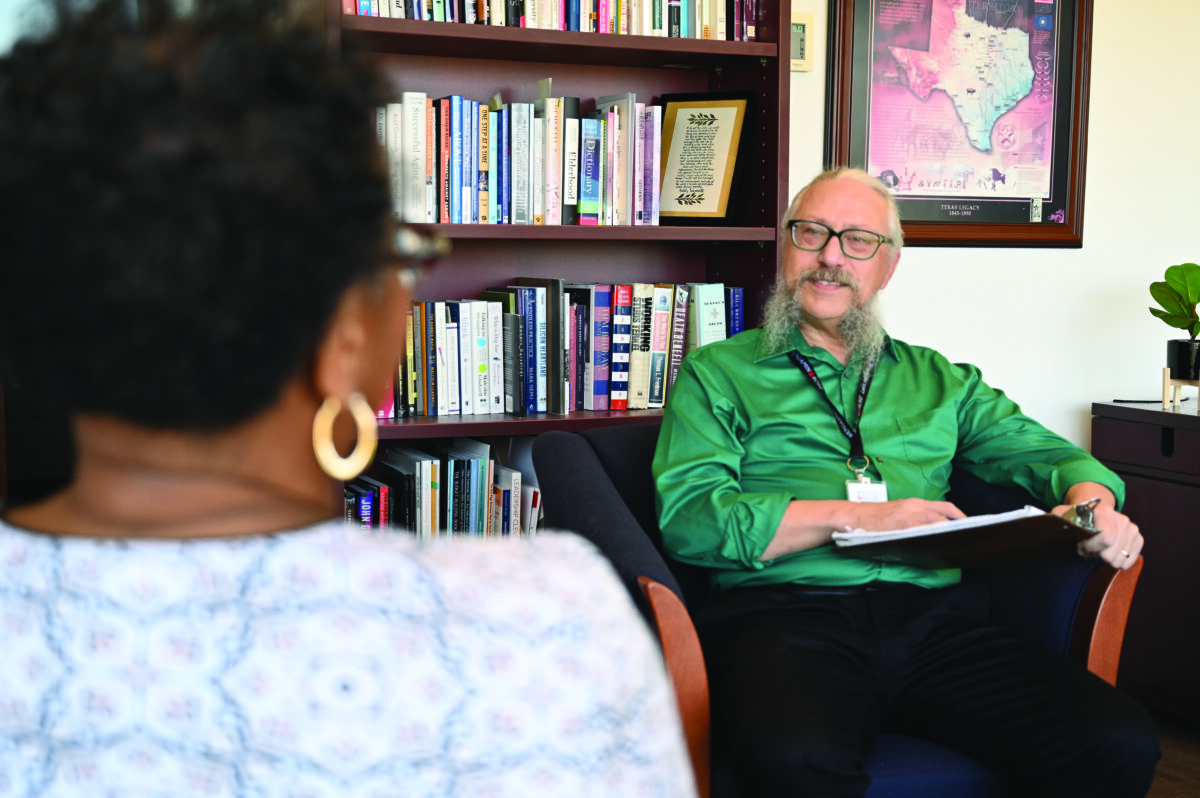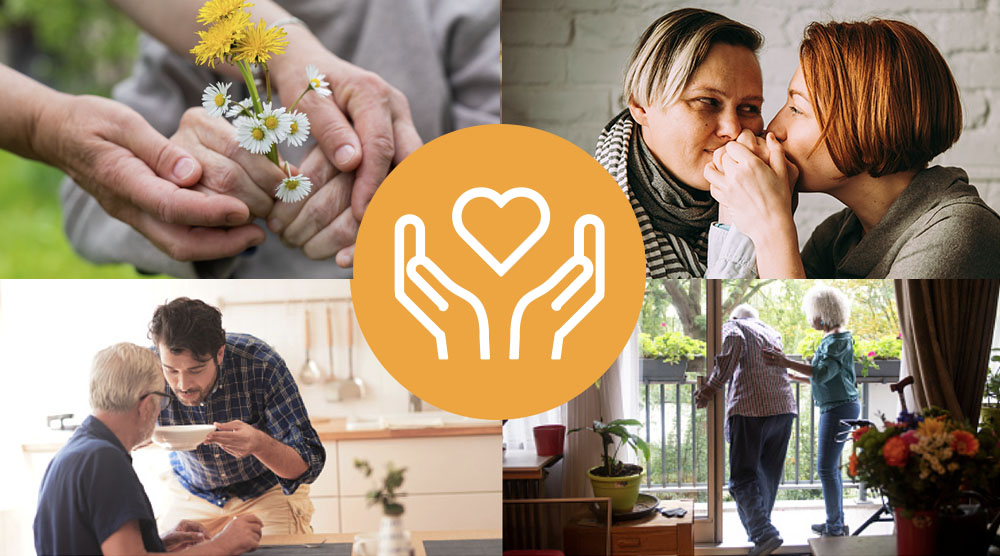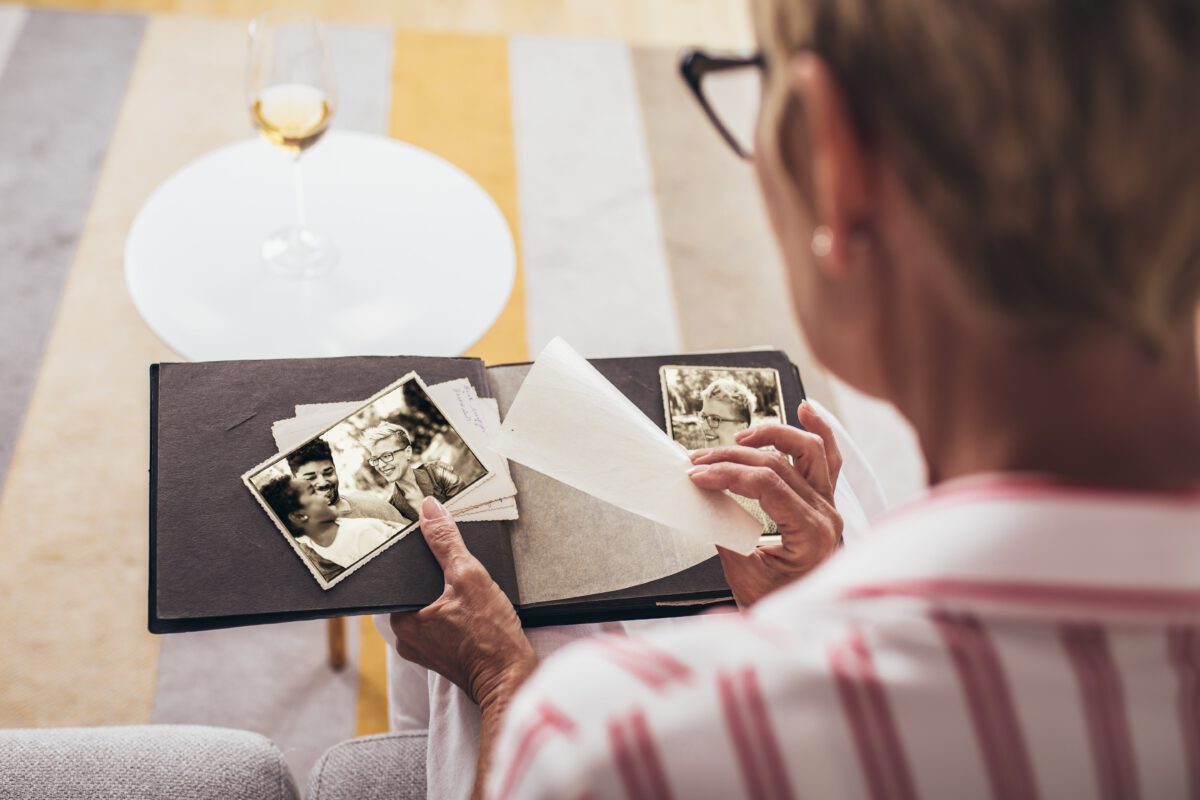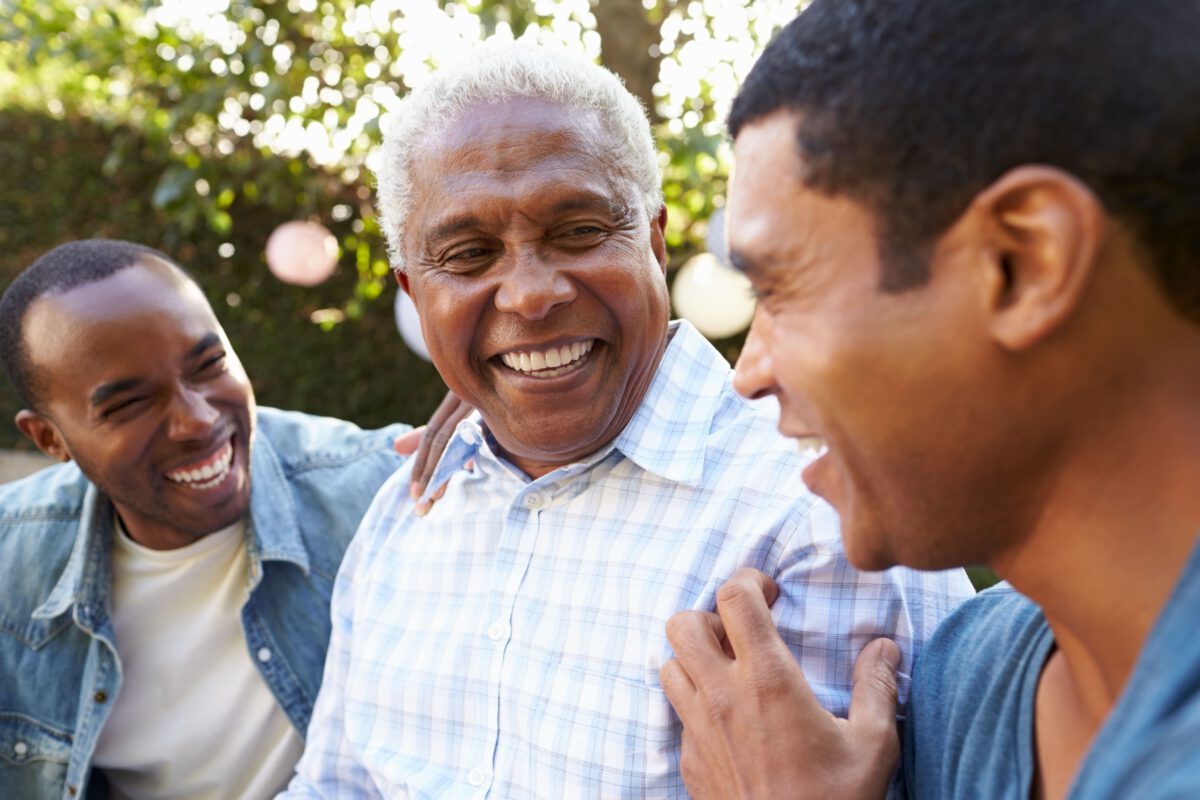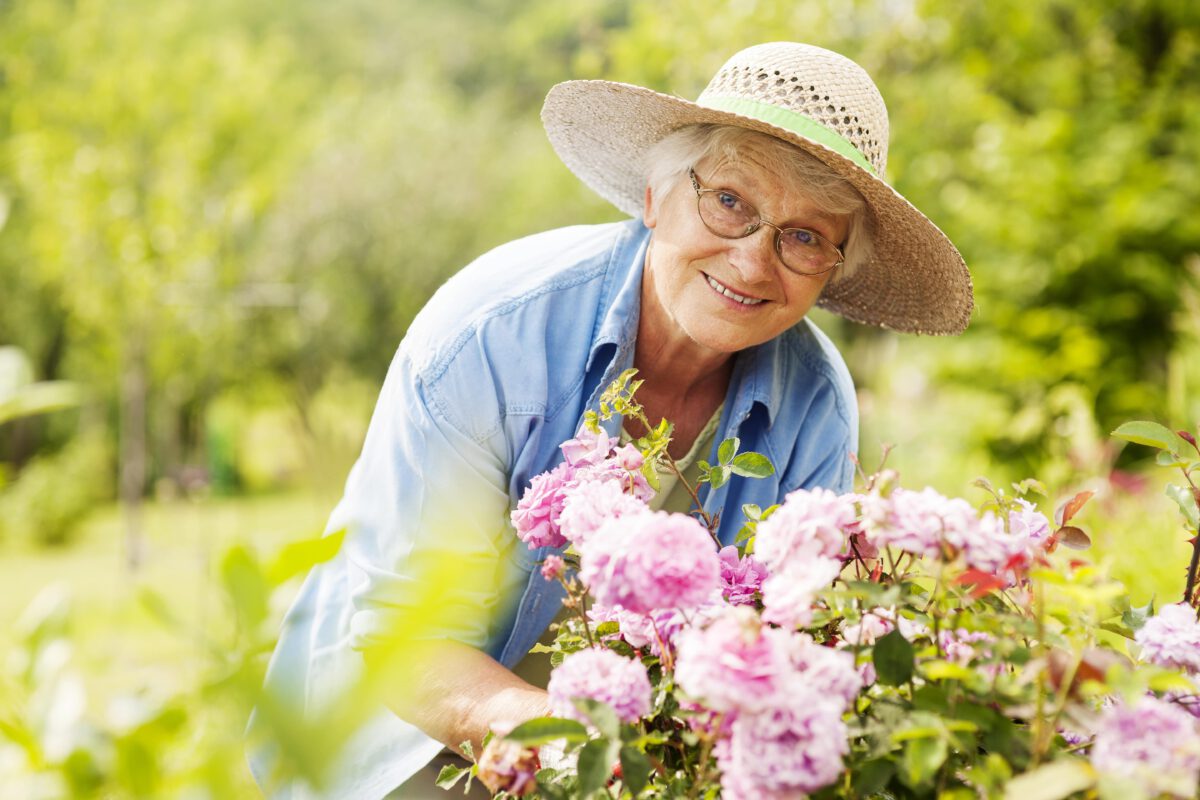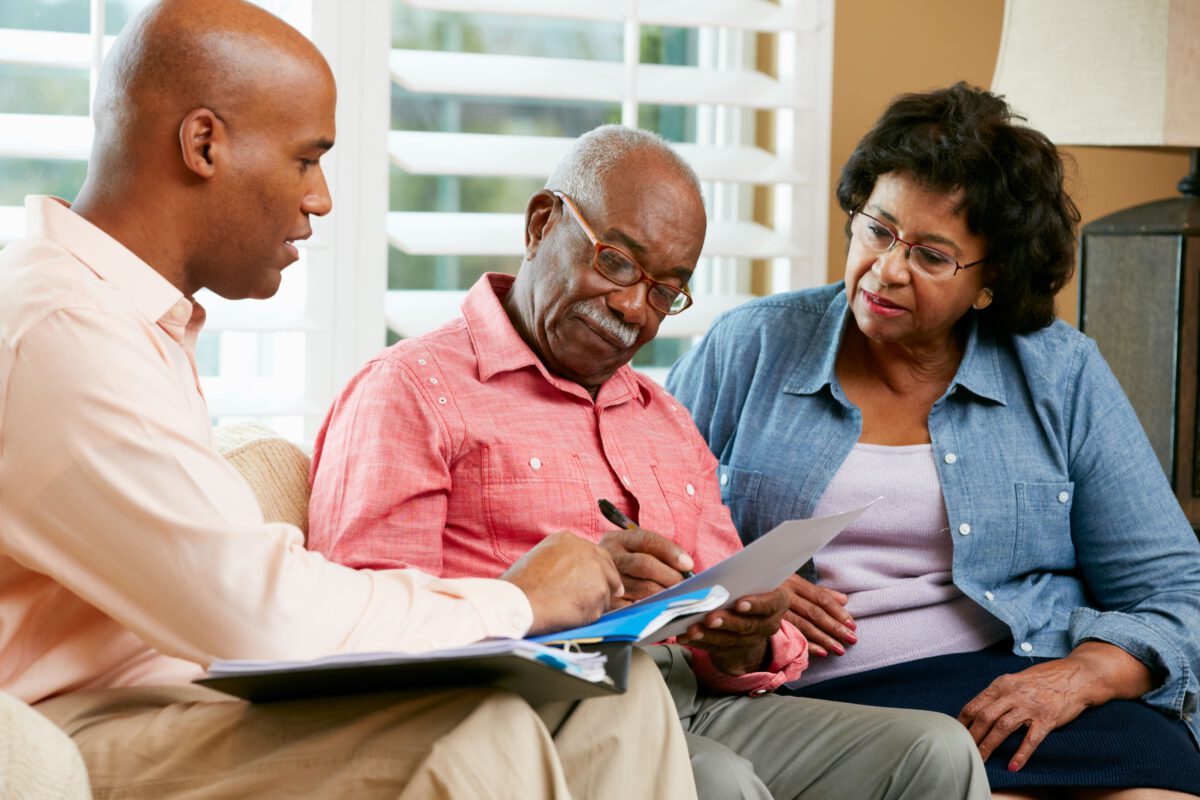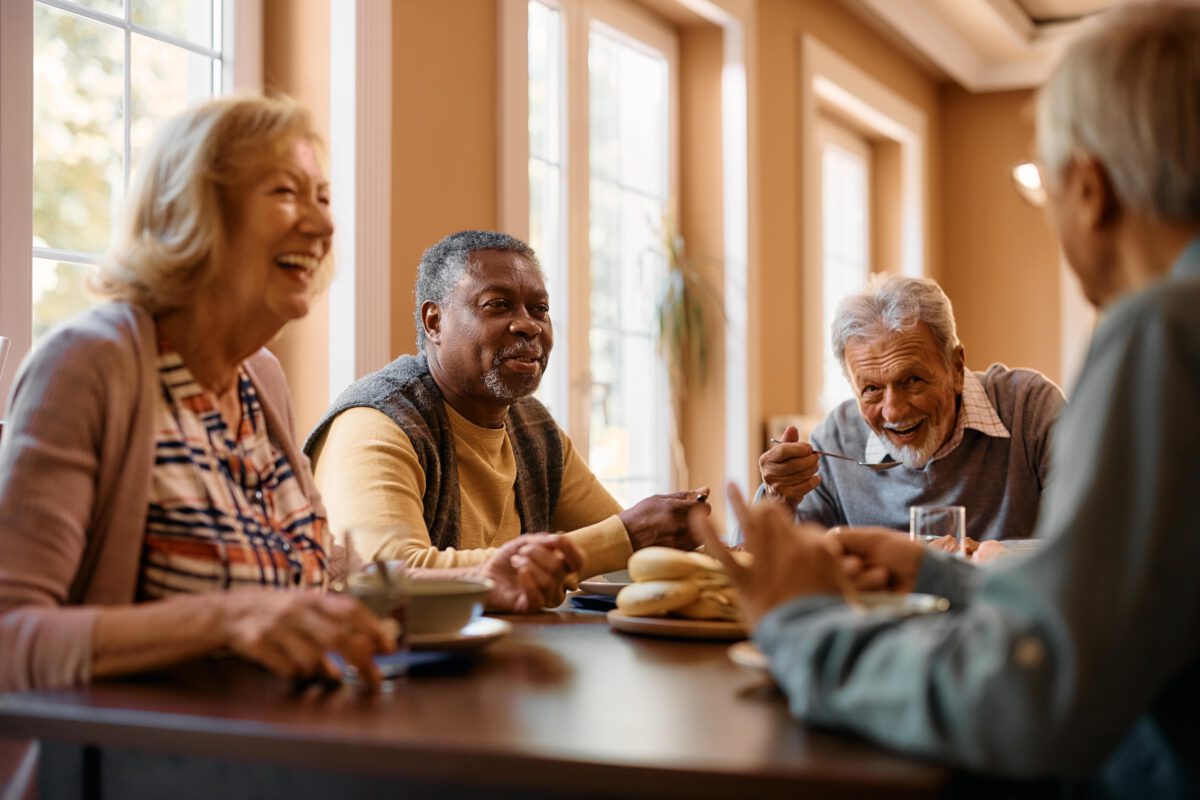Home & Community Based Services
Wellness—whether behavioral, social, emotional or nutritional—is a major factor in happy and healthy aging journeys. That’s why Benjamin Rose delivers a wide range of programs and services that can be easily accessed virtually, over the phone, at home or at our centers.
Learn more about our offerings below. And if you’re still not sure which one is right for you, we can help find the perfect fit.

Our impact in action
Over the past year, our Home & Community Based Services have made a significant difference in the lives of the older adults and caregivers we serve:
264,894 total meals served through Meals on Wheels, medically tailored meals and congregate meals at our Rose Centers
484 caregivers assisted through our WeCare care coaching service
1,800+ adults kept active in their community through our Rose Centers programs and activities
Helping clients makes us—and them—happy.
Popular Resources
View all
Videos
Helping a Loved One Navigate Medicare Open Enrollment
October 7 virtual program for caregivers from Benjamin Rose Institute on Aging.

Articles
Setting Up a Group Outing
Group outings are an important activity for many community centers, and can also be a great way for older adults to arrange engaging activities with their friends and social groups. These outings provide opportunities for socialization, exercise, learning, reminiscing, and connecting with others. While it might seem straightforward to plan a local outing, there are a few tips we can follow to make these outings as smooth and successful as possible.

Articles
Communication Aids to Support People with Dementia and IDD
One of the biggest challenges facing caregivers and loved ones of someone with moderate to severe dementia and/or intellectual and developmental disabilities (IDD) is communication. Both conditions can affect a person’s ability to understand what is being said and to respond in a clear, appropriate and easy-to-understand way. Because communication can become so challenging, many caregivers and loved ones make the mistake of getting visibly frustrated, avoiding communication as much as possible and even speaking as if the person with dementia and IDD isn’t in the room and by nature can’t understand anything being said.

Articles
What the RAISE Family Caregivers Act Means for Caregivers
Too often while providing care to our loved ones, we may find ourselves lacking things like services, respite options, financial security, workplace security and education to address the challenges we face every day. To try to address this shortcoming, the Recognize, Assist, Include, Support, & Engage (RAISE) Family Caregivers Act was signed into law in January of 2018 to come up with a national family caregiving plan.

Articles
Home Health CAHPS FAQs: Understanding the CAHPS Rating
In 2016, CMS added the Star Rating System to the information presented on the Home Health Compare website. This visual element is designed to make it easier for consumers to compare providers, but the methodology behind the Star Ratings can be a little difficult to understand. To help clarify, we’ve developed a list of Frequently Asked Questions to provide answers to some of our most common inquiries.

Articles
Activities for a Loved One with Dementia: Gardening
Gardening can be a wonderful activity for older adults with Alzheimer's or other memory disorders and their families. According to experts who diagnose and treat memory disorders, gardening activities often have a positive effect on the physical, mental and emotional health of older adults. An afternoon of fresh air and sunshine in the garden can help improve a loved one’s appetite and help them sleep better at night. Watching new plants begin to grow and bloom under their care can also give them a sense of pride, accomplishment and enjoyment at the flowers, fruits and vegetables they were able to grow with our help.

Articles
Decision Making with Your Older Loved One: Choosing a Power of Attorney Agent
Establishing a Durable Power of Attorney for Health Care or Finances can give loved ones the ability to control who makes important health care or financial decisions for them if their physician declares they are no longer able to make these decisions for themselves. Having a Power of Attorney is important because it assures loved ones have someone who can act on their behalf and, ideally, respect their wishes.

Articles
The Power of Memory Cafés for Dementia Care
Most communities have plenty of gathering spaces available for people to meet up, chat, share a meal and take a break in a relaxing, supportive environment. But for people with dementia and their caregivers, finding a truly safe space out in the community can be a lot more challenging. Due to stigma and lack of knowledge, many people in the general public aren’t sure how to interact with someone with dementia, and even business owners may be at a loss to handle a situation where someone with dementia is distressed, or struggles to make a purchase. Aware of these challenges, caregivers may hesitate to bring a loved one into the community, unintentionally putting them at risk of social isolation.
